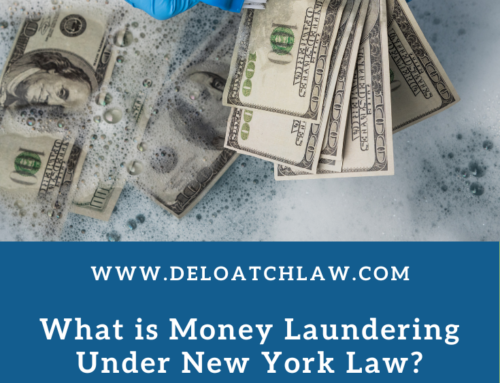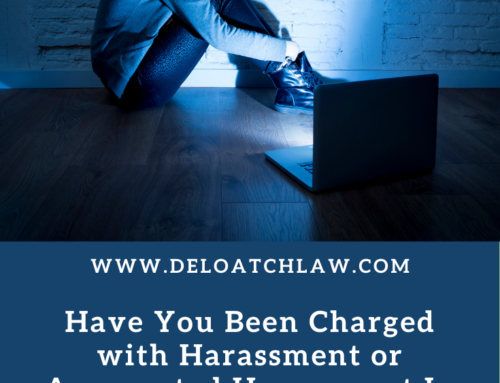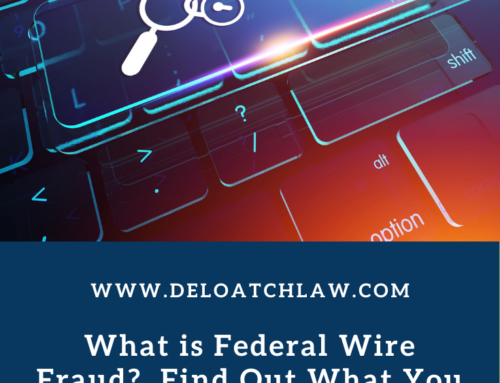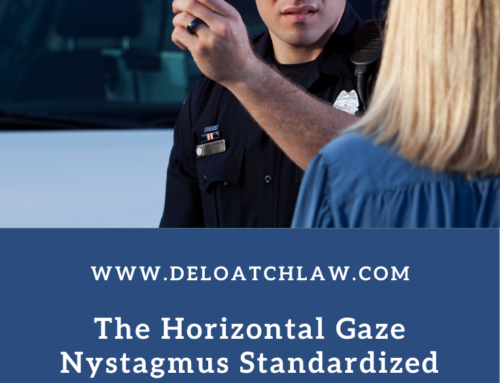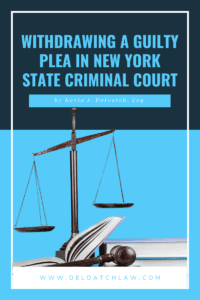 You or someone you know has plead guilty to a crime in New York State criminal court and are awaiting sentencing. However, you/they want to take back the guilty plea. Is this possible? Yes, it is possible to take back your guilty plea. However, it is only allowed under specific circumstances.
You or someone you know has plead guilty to a crime in New York State criminal court and are awaiting sentencing. However, you/they want to take back the guilty plea. Is this possible? Yes, it is possible to take back your guilty plea. However, it is only allowed under specific circumstances.
Withdrawing a Guilty Plea
Withdrawing a guilty plea is governed by New York Criminal Procedure Law Section 220.60(3), which states:
“At any time before the imposition of sentence, the court in its discretion may permit a defendant who has entered a plea of guilty to the entire indictment or to part of the indictment, or a plea of not responsible by reason of mental disease or defect, to withdraw such plea, and in such event the entire indictment, as it existed at the time of such plea, is restored.”
In short, the statute makes clear that a guilty plea can be withdrawn only prior to sentencing. Moreover, the decision to allow the guilty plea to be withdrawn is subject to the judge’s discretion. If the decision is within the judge’s discretion, this begs the question what “factors does a judge consider when deciding whether to allow someone withdraw a guilty plea?”
Factors Judges Consider When Deciding a Motion
The courts and judges want to make sure that people accused of a crime are treated fairly throughout the entire criminal court process. Justice isn’t served if a person accused of a crime enters a guilty plea under circumstances that call into question the integrity of their guilty plea. Indeed, this can result in an innocent person pleading guilty to a crime they didn’t commit. Thus, courts look for factors that indicate the plea was obtained through actual fraud or involuntariness. With this in mind, below are a few factors that judges consider when deciding on whether to allow a guilty plea to be withdrawn:
- A judge threatening to increase a sentence if the person is found guilty at trial;
- Defense counsel failing to advise the accused of pertinent information about a plea bargain;
- Defense counsel providing false information to the accused about the terms of pleading guilty;
- Defense counsel pressuring a person to enter a guilty plea; and
- Threats to remand or increase bail if the accused doesn’t plead guilty.
Please keep in mind, the above is by no means an exhaustive list, but rather just some of the many factors considered by a court when deciding on a motion to withdraw a guilty plea.
Factors Not Considered
Only factors that call into question the “truth” of a person’s guilty plea are scrutinized. Factors that do not fall into that category are typically not scrutinized. Examples of this include:
- The accused simply changing their mind; or
- The accused not being advised of “collateral” issues, such as possibly losing a professional license or being disqualified from receiving certain governmental benefits.
Burden of Proof
As previously stated, courts only grant such motions only under certain circumstances. In short, it is not an easy process. Plea bargaining plays an integral role in our legal system. Thus, courts are reluctant to disturb a plea bargain absent good reason. Moreover, at the time the guilty plea was entered, the accused was asked to enter what is known as a “colloquy.” This is a series of questions posed by the judge to the accused to determine whether the plea was given purposefully, voluntarily and intelligently. Thus, the burden of proof is on the accused to show that the facts and circumstances of their case resulted in a guilty plea that was procured through either fraud or involuntariness.
If you have questions regarding withdrawing a guilty plea that either you or someone you may know have entered, contact the Law Office of Kevin J. Deloatch, Esq. at (646) 792-2156. The office has an extensive criminal law practice and can help you determine if the facts of your case apply to such a motion. Call today for a free consultation.


